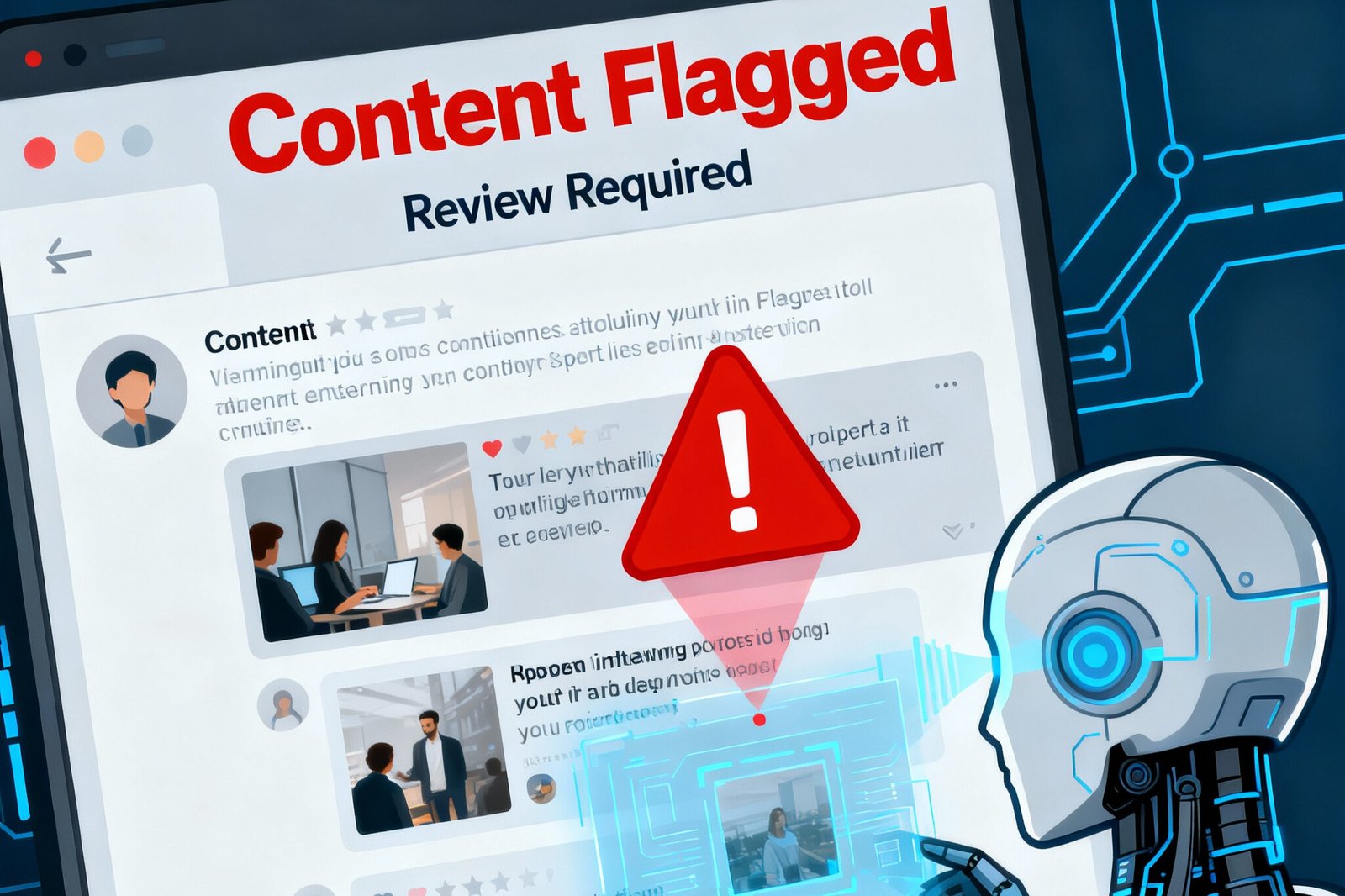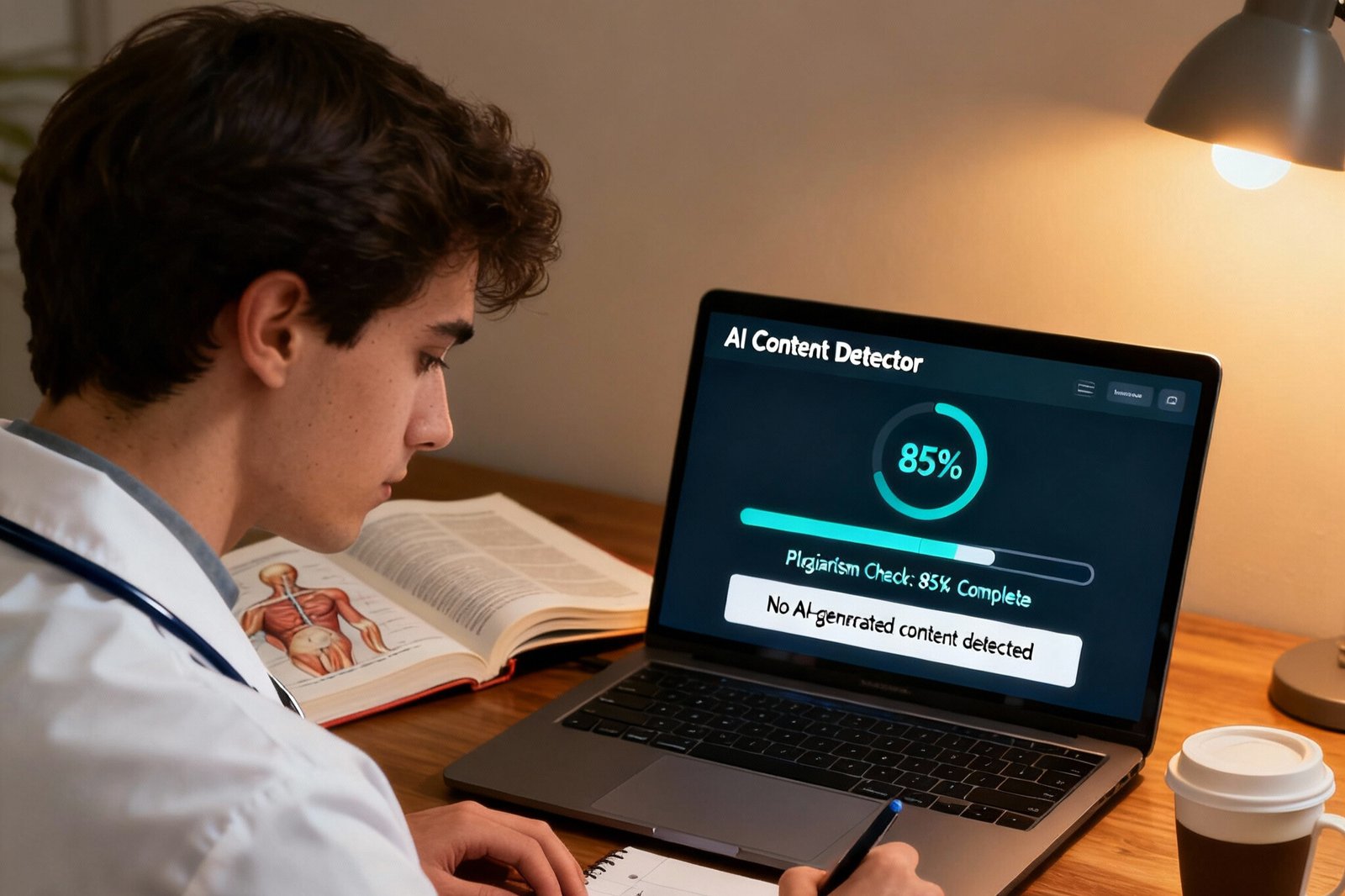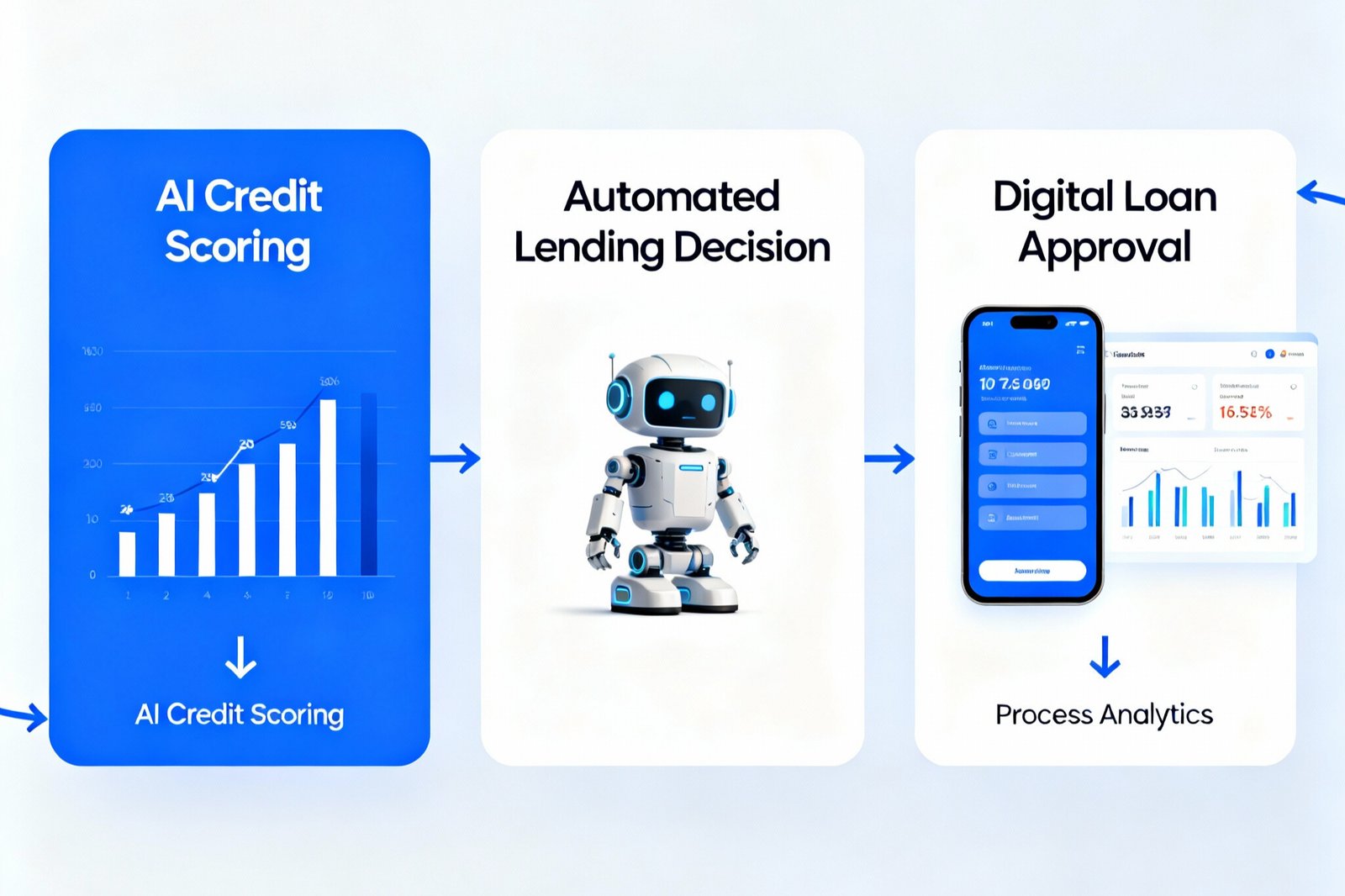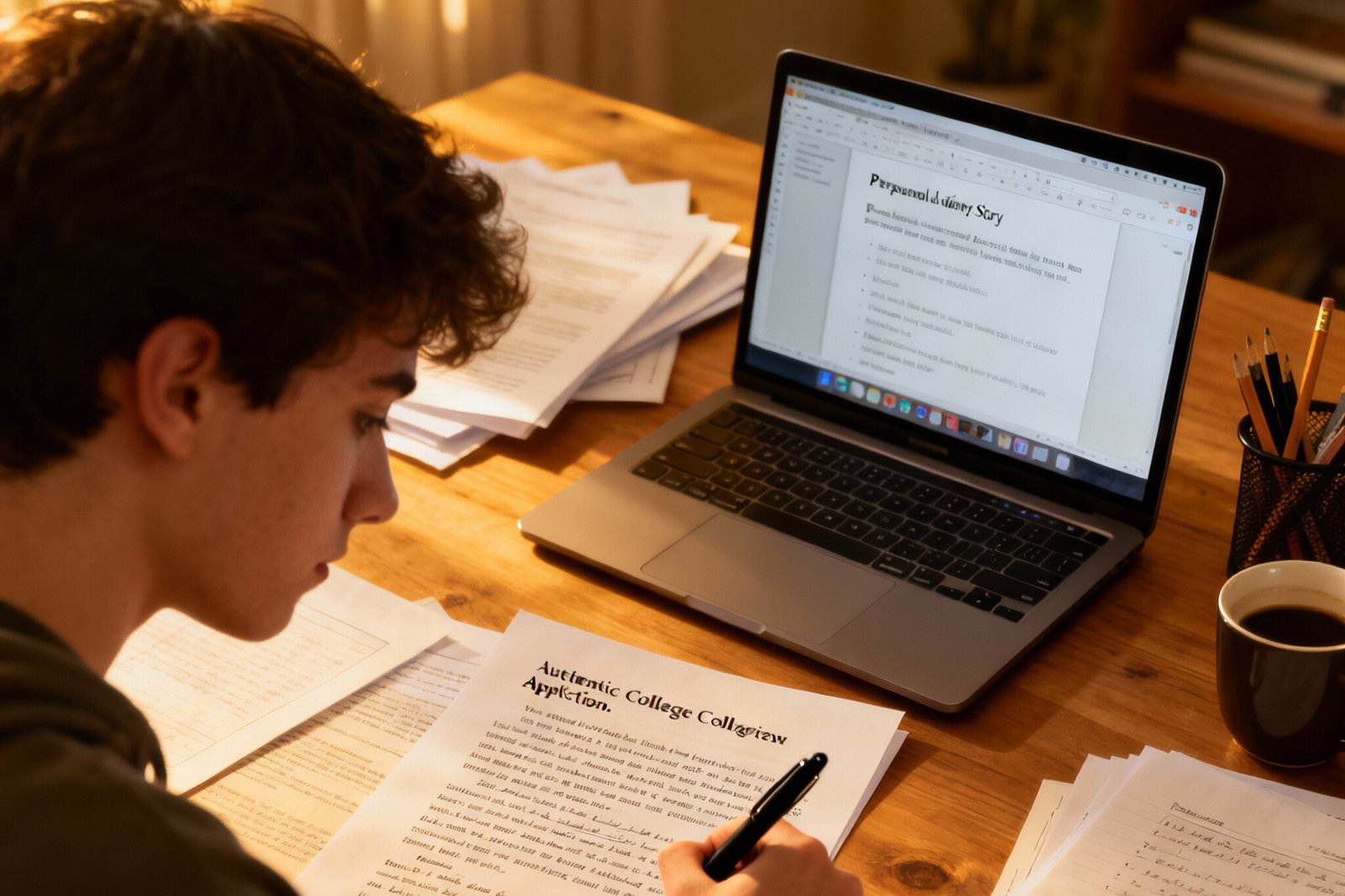The search term “Taylor Swift AI Chief” has generated significant interest, but the reality behind this query reveals a more complex and concerning story about artificial intelligence’s impact on celebrity privacy and digital rights. While Taylor Swift is not an AI executive or technology leader, her experiences as a victim of AI-generated content have positioned her as an unexpected catalyst for AI governance discussions and policy reforms.
The confusion around “Taylor Swift AI Chief” likely stems from the convergence of multiple AI-related incidents involving the global superstar, making her one of the most prominent figures in contemporary debates about artificial intelligence ethics, celebrity rights, and digital safety.
The Real Taylor Swift AI Story: From Victim to Advocate
The Deepfake Controversy That Shook the Internet
In late January 2024, Taylor Swift became the center of one of the most significant AI controversies when sexually explicit AI-generated deepfake images of the singer proliferated across social media platforms, particularly 4chan and X (formerly Twitter). These harmful images spread rapidly, with one post receiving over 47 million views before its removal, demonstrating the devastating speed and reach of malicious AI-generated content.
The creation of these images was traced back to a 4chan community that treated the generation of inappropriate celebrity content as a competitive game, with users sharing tips to bypass safety measures on AI image generation tools like Microsoft Designer and Bing Image Creator. This incident highlighted critical vulnerabilities in current AI safety systems and the ease with which bad actors can exploit artificial intelligence for harmful purposes.
Political Manipulation and Fake Endorsements
Beyond explicit content, Taylor Swift faced another form of AI manipulation when Donald Trump shared AI-generated images falsely suggesting her endorsement of his presidential campaign. These fake images, including one showing Swift dressed as Uncle Sam with text reading “Taylor Wants You To Vote For Donald Trump,” spread across Truth Social to Trump’s millions of followers, demonstrating how AI can be weaponized for political misinformation.
This incident particularly affected Swift, who later stated that it “conjured up my fears around AI, and the dangers of spreading misinformation,” leading her to publicly endorse Kamala Harris in September 2024 as a way to combat the false narratives.
Impact on AI Governance and Policy Reform
Legislative Response and Congressional Action
Taylor Swift’s experiences with AI-generated content have sparked significant legislative interest, with lawmakers calling for stronger protections against deepfake pornography and AI-generated misinformation. The widespread nature of the controversy prompted responses from anti-sexual assault advocacy groups, US politicians, and technology leaders, including Microsoft CEO Satya Nadella, who called the deepfakes “alarming and terrible”.
Congress has shown increased interest in regulating AI-generated content, particularly deepfakes, with Swift’s case serving as a prime example of the technology’s potential for harm. The incident has been cited in discussions about the need for federal legislation protecting individuals from non-consensual AI-generated imagery.
Platform Response and Technology Improvements
The controversy forced major technology platforms to enhance their safety measures and content moderation policies. X temporarily blocked searches for “Taylor Swift” during the height of the controversy, while Microsoft improved its Designer tool to prevent similar abuse. These responses demonstrated both the reactive nature of current AI safety measures and the significant influence Swift’s case had on technology policy.
Celebrity Rights and Digital Identity Protection
The Evolution of Personality Rights
Taylor Swift’s AI experiences have become a catalyst for discussions about personality rights in the digital age. Legal experts point out that unlike other forms of intellectual property, personality rights are not statutorily defined in many jurisdictions and rely on common law principles, making protection against AI misuse particularly challenging.
The concept of “digital consent” and “AI image rights” has gained prominence following Swift’s case, with advocates calling for clearer frameworks governing AI-generated content that uses individuals’ likenesses without permission. This has led to broader discussions about how existing right-of-publicity laws apply to AI-generated content and whether new legislation is needed.
International Legal Developments
Swift’s case has influenced legal developments beyond the United States, with courts in India and other jurisdictions using celebrity deepfake cases to establish precedents for digital identity protection. The Delhi High Court has granted dynamic injunctions protecting celebrities from AI-generated deepfakes, citing the fundamental intrusion on privacy that such content represents.
Business and Leadership Lessons from Swift’s AI Response
Crisis Management in the AI Era
While not an actual AI chief, Taylor Swift’s response to AI-related crises has provided valuable lessons for business leaders navigating artificial intelligence challenges. Her approach to addressing AI-generated misinformation through transparency and direct communication has been analyzed as a model for crisis management in the digital age.
Business publications have examined Swift’s strategies for maintaining control over her brand and narrative in an era where AI can easily manipulate public perception. Her decision to publicly address the AI-generated political endorsement images demonstrates proactive reputation management that other public figures and business leaders have studied.
Educational Impact and Academic Discussions
Universities have incorporated Swift’s AI experiences into ethics and technology courses, using her case as a real-world example of AI’s potential for both creativity and harm. Students analyze her situation to understand the complexities of AI governance, digital rights, and the intersection of technology with celebrity culture.
The Broader Implications for AI Safety
Protecting Women from AI-Generated Abuse
Statistics show that more than 96 percent of deepfake images currently online are pornographic in nature, with nearly all targeting women. Swift’s high-profile case brought mainstream attention to this gender-based digital violence, highlighting how AI technologies disproportionately harm women and the need for better protective measures.
Anti-sexual assault advocacy groups have used Swift’s experience to push for stronger legislation and platform policies protecting women from AI-generated abuse. The incident demonstrated how easily AI tools can be used to create non-consensual intimate imagery and the lasting harm such content can cause.
Election Security and Misinformation Concerns
The fake political endorsement images of Swift raised serious concerns about AI’s potential to influence elections through misinformation. Experts warn that as AI technology becomes more sophisticated and accessible, the potential for election manipulation through fake celebrity endorsements and other generated content will only increase.
Swift’s case has been cited in discussions about the need for AI content labeling, platform accountability, and voter education about the prevalence of AI-generated political content.
Current AI Protection Developments
Platform Safety Improvements
Following the Swift incidents, major AI platforms have implemented enhanced safety measures, though challenges remain. Grok Imagine, Elon Musk’s AI tool, faced criticism in August 2025 for generating explicit content of Swift, showing that the problem persists across different platforms.
Companies are developing better detection methods and content filters, but the cat-and-mouse game between AI safety measures and those seeking to circumvent them continues. New platforms like FameFlow are emerging to help celebrities control how their likenesses are used in AI applications.
Legal Framework Evolution
The legal landscape surrounding AI-generated content continues to evolve, with Swift’s case serving as a benchmark for future legislation. Courts are grappling with questions about transformative use, fair use, and the definition of personality rights in the context of AI-generated content.
Legal experts emphasize that current laws were not designed to handle the unique challenges posed by AI technology, making Swift’s case an important precedent for future legal developments.
Conclusion
While Taylor Swift is not an AI chief in any official capacity, her experiences with artificial intelligence have made her one of the most influential voices in contemporary AI governance discussions. Her victimization by AI-generated content has sparked crucial conversations about digital rights, platform safety, and the need for stronger legal protections against AI misuse.
The “Taylor Swift AI Chief” phenomenon represents not a corporate appointment, but rather the elevation of a celebrity victim to an inadvertent leadership role in AI policy advocacy. Her case continues to influence legislation, platform policies, and public awareness about the potential dangers of unchecked artificial intelligence development, making her a de facto leader in the fight for responsible AI governance.
FAQs
Q1: Is Taylor Swift actually an AI chief at any company?
No, Taylor Swift is not an AI chief or executive at any technology company. The confusion likely stems from her prominent role in AI-related controversies and policy discussions.
Q2: What AI controversies has Taylor Swift been involved in?
Taylor Swift became a victim of AI-generated explicit deepfake images in January 2024 and fake political endorsement images used by Donald Trump’s campaign. Both incidents went viral and sparked significant public outcry.
Q3: How has Taylor Swift’s AI experience influenced policy?
Her experiences have prompted congressional discussions about AI regulation, influenced platform safety improvements, and contributed to legal precedents around digital identity protection.
Q4: What legal protections exist against AI-generated celebrity content?
Current protections rely primarily on personality rights and right-of-publicity laws, though these were not designed for AI technology. Many jurisdictions are developing new legislation specifically addressing AI-generated content.
Q5:Has Taylor Swift spoken publicly about AI?
Yes, Swift addressed her AI experiences in September 2024, stating that the fake political endorsement images “conjured up my fears around AI, and the dangers of spreading misinformation”.








Leave a Reply